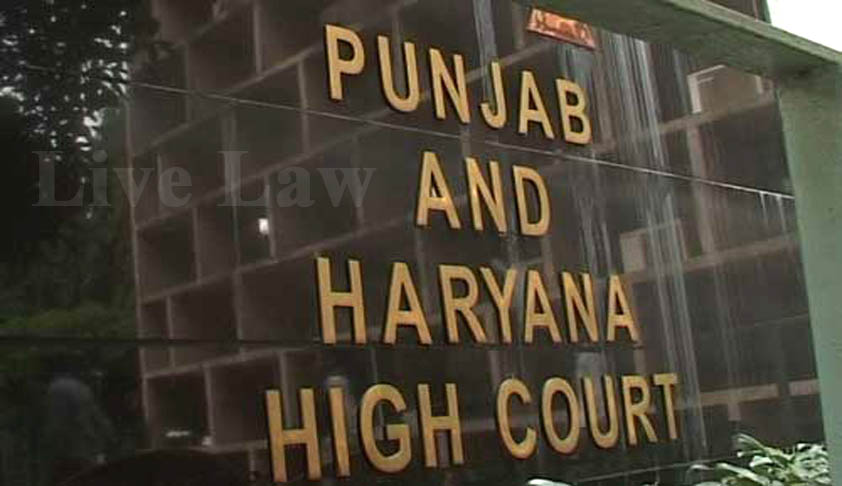Punjab & Haryana HC issues notice in PIL challenging system of designation as Senior Advocates
Apoorva Mandani
1 April 2016 5:37 PM IST

Next Story
1 April 2016 5:37 PM IST
A Petition has been filed in the High Court of Punjab and Haryana, challenging the system of designation of Advocates as Senior Advocates by the Court. The Court has issued notice on the Petition filed by Mr. Arjun Sheoran, which challenges the Rules framed in this regard, as being violative of Article 14, 19 and 21 of the Constitution of India.“It is unfortunate that a perception has...
